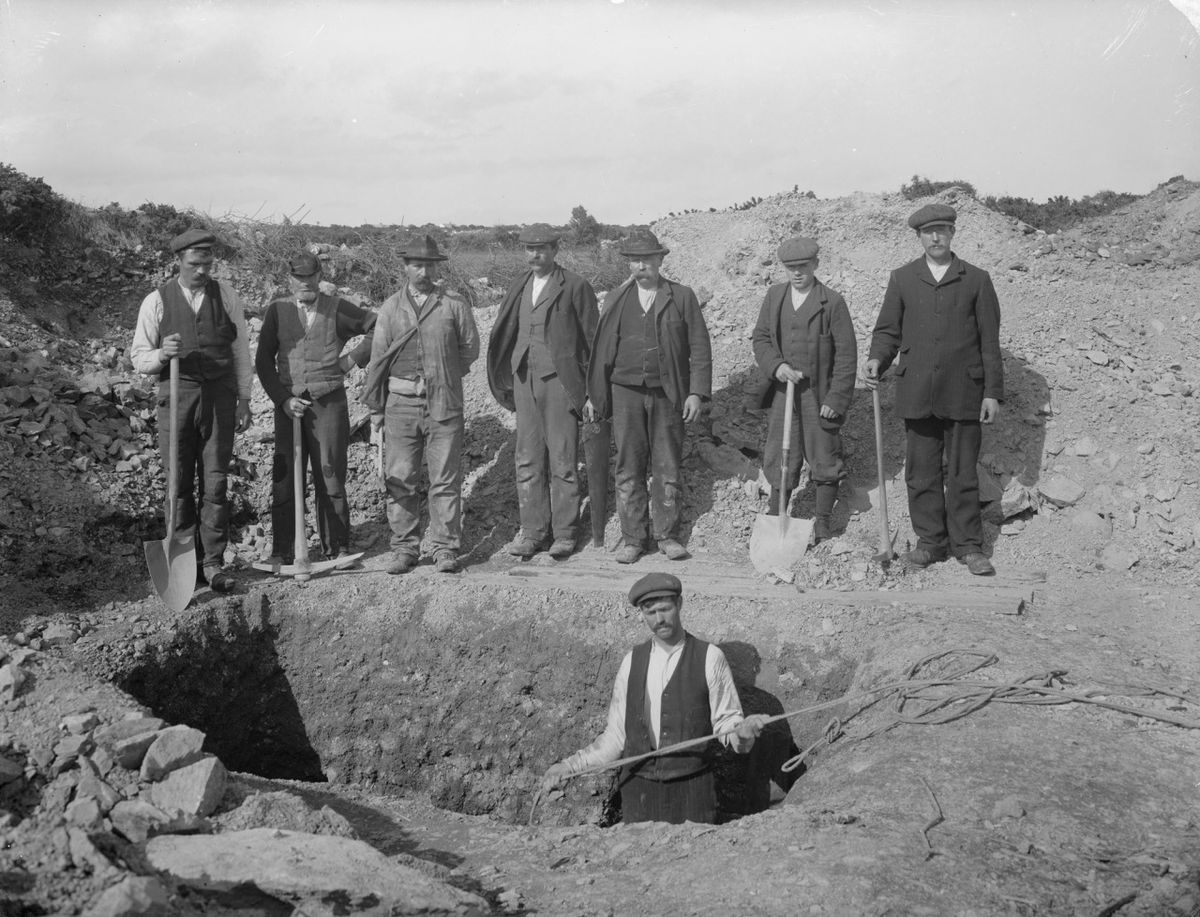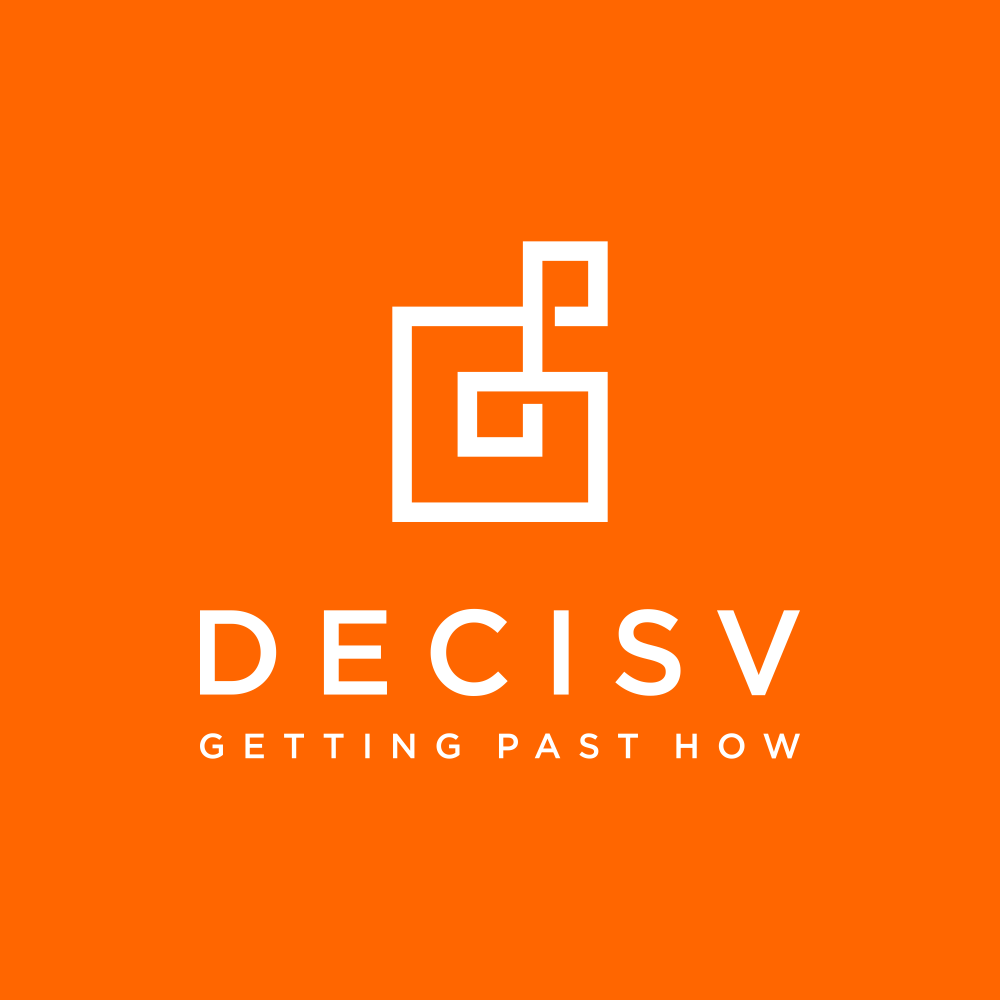Our Task is to Improve Quality of Life Not Just Standards of Living

The purpose of this blog is to capture my thoughts about the current state and future direction of the profession of management.
I don't buy into the leadership vs management debate: it feels like a false dichotomy to me. It just seems to make smart people sound stupid.
Part of the problem is we need new words. So I use [.] as a place holder instead of 'manager', 'management', ‘leader’ or ‘leadership’. The idea is that by taking the word away we can see these people more clearly.
I'm going to keep the blog simple and free of fiddle faddle. If you want to talk things through please hit me up on Twitter (@rl_rohan) or LinkedIn (Rohan Light).
The primary task of the [.] is to make the strengths of people within the organization effective. People who cannot achieve this are not [.]'s. They are technicians, professionals in their fields. Knowledge workers if you will. But not a [.]. This is why there are fewer people who are genuine [.] than we otherwise might think.
Our presence in organizations is down to our ability to execute some skill to the advantage of the organization. It is natural that people associate themselves to that which they do. This is a good thing. Organizations exist to deliver some benefit or positive impact for society. Organizations filled with people who don’t work to this imperative don’t last long.
But when a person takes on the role of [.] as well as maintaining their identity as a technician or professional, their focus changes. They now take responsibility for making the strengths of the people under their care are effective, as well as maintaining professional leadership in their technical field.
The [.] must be effective in both (because they must become a professional role model) to play their part in helping the organization meet it’s social purpose.
This dual identity creates a lot of pressure and our tendency is to emphasize the existing professional identity over the new task of making strengths effective. This tension is normal and will be constant.
The thing to watch for is if we keep emphasizing the technical over the social. It’s a signal that perhaps the dual responsibility isn’t for you. Which is a good thing to recognize in yourself. Better to be fully effective in a core domain than partially effective in two.
This focus on effectiveness is central to the work of the [.]. Human energy is a powerful thing and when harnessed and directed it can shape the world. The trick is providing a cause of sufficient importance to draw people’s energy naturally rather than relying on artifice or authority.
This is why values based business is so important in the post-GFC world. The moral lack of the legacy approach to [.] has become palpable. Rather than avoid addressing issues of purpose and values, we should embrace them and build them into the heart of what we do.
Where there is a mismatch between individual values and the formalized values of the organization, business performance will suffer. This is because by seeking to fit the person to the organization, much of what the person would choose to contribute is either withheld, lost or grudgingly extracted.
Values are delicate things but immensely powerful in the world of business. It is the task of the [.] to cultivate and nurture the blend of individual values that collectively make up the organization values. The true values that is, not simply the professed ones. Talk is cheap after all. And what is cheap is not valued. And values do not come cheap.
When I've helped people describe values in the past the first things that come up are usually empty platitudes based on wishful thinking. It takes a while to dig into their vocabulary and find words and phrases that are genuine, meaningful and moving.
This is because there is an inescapable element of moral worth to identifying values that people often shy away from. There is also the influence of the soulless business philosophy that has permeated our expectations of what good business looks like over the last half century.
As I often say, ethics is all a business has.
The task of the [.] now is to find ways to keep the organization supple and flexible. The aim is to mould the organization to the person rather than fit the person to the organization. Yes this makes for a messy and constant struggle for coherency.
But that is as it should be. Society is moving so fast that only through a willingness to match the pace of change will an organization be able to meaningfully renew itself. Having a manifesto that clearly states the social objectives of the organization will help. But the manifesto must be malleable. It must be able to change with the people that come into the organization. The manifesto provides a guide, but it should not be inflexible. Inflexible things break.
When organizations start to focus on how the values of its people inform and contribute to the broader organizational values, there starts to emerge a focus on the importance of quality of life. This theme helps keep the business oriented to the society that sustains it. Quality of life as a primary strategic objective for organizations isn't that common.
It’s easy to return to our default framework of business being about hard driving delivery and beating the competition. This viewpoint is hard-wired into us now. After 80 years of ‘homo economicus’ it’s hard to avoid building in these beliefs to our decision making.
But this is exactly what we have to do. With the explosion of data, the decrease in understanding, the cacophony of broadcast social media and the challenges of communication we have to be intentional and clear with our mental architecture.
How can business actually be about quality of life? Well, thinking it through, how can it not?
Figuring out the way forward isn't going to come without deliberate questioning of what we believe business to really be about. My view is that once we start down the path of cause based business, once we take responsibility for making peoples strengths effective and once we think about how best to bring values to play within business then we can only find ourself in the business of quality of life.
If this is the case then it’s something we want to prepare for from the beginning. Doing so will help manage problems later on down the line. Because for some people cause-based business is a needless distraction. Business is business is business and the dictates of commercial economics are all that’s needed. Which is fine: each to their own. But problems emerge if people find themselves expected to contribute to quality of life when that wasn't what they signed up for.
Best to have this sort of thing out in the open beforehand.
Once the purpose of business becomes about quality of life we move past work as a means of making a living. It becomes about the satisfaction of achievement. That so many people have to put up with unrewarding professional lives tells us how rare quality of life businesses are.
And because the role of the [.] is to establish and nurture such businesses, this also tells us how rare the [.] actually is. As society slowly lifts itself out of the poverty that has been the native state of humanity for millennia, business becomes less about contributing to standards of living and more about quality of life.
This is why the crisis of the [.] is ethical in nature.
In order to contribute to the quality of life of the society that sustains the business, the [.] must focus on the personal and professional satisfaction of the people that comprise the business.
This is why I place so much emphasis on making strengths effective. When people are in the positive place of applying their unique set of skills and attributes to a problem they become empowered and generative.
This sort of satisfaction isn't just about meeting a want. It’s that deep seated sense of contentment where people find confidence, belonging and equipoise.



